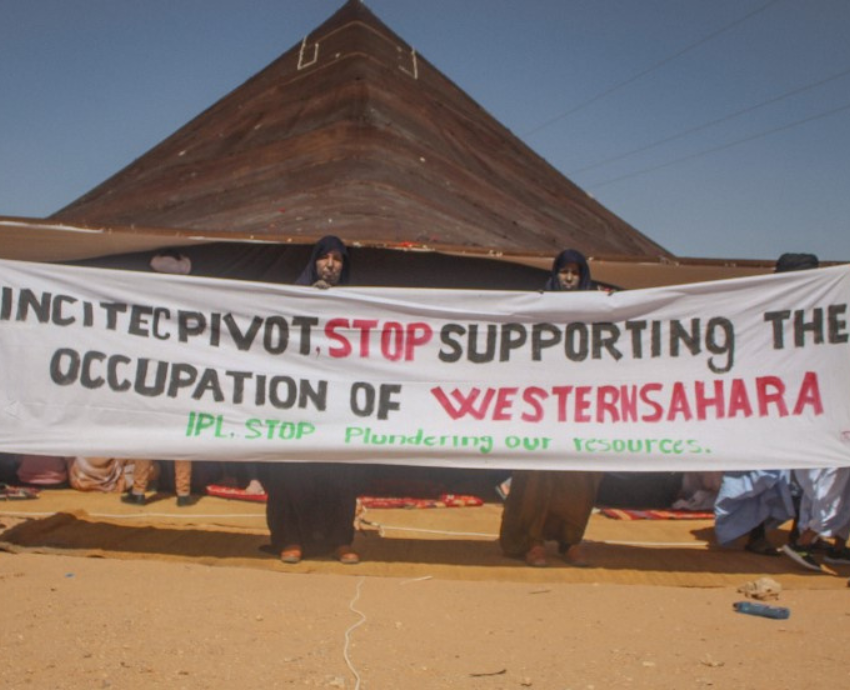
This year, the people of Western Sahara are marking the 50th anniversary of the founding of their liberation organisation, the Polisario Front, on May 10, 1973.
The armed struggle for independence began on May 20 that year, with the attack and occupation of a Spanish military garrison at El Khanga.
Two years later, following a request of the United Nations General Assembly, the Special Decolonization Committee sent a fact find mission to Western Sahara and its neighbouring countries, to assess the situation and make proposals for a process to decolonise the territory.
The fact finding mission, issued its report on October 14, 1975, which confirmed that the people of Western Sahara want independence and “rejected the territorial claims of both Morocco and Mauritania”. The Polisario was also recognised in the report as the major political force in the territory.
The International Court of Justice (ICJ) considered the legal status of Western Sahara before its colonisation by Spain in 1884 and issued an advisory opinion on October 16, 1975, in favour of the self-determination of the Saharawi people.
Morocco invaded Western Sahara in 1975, against the various interventions of the UN. An agreement between Spain, Morocco and Mauritania for the partition of this non-autonomous territory took place in Madrid, on November 14 that year. The military invasion by Morocco and Mauritania of the territory was met with strong resistance from the Polisario Front.
The Sahrawi question and the success of the Polisario Front made possible the creation of the Saharawi Arab Democratic Republic (SADR) in 1976, now a full member and founder of the African Union. This followed the withdrawal of Spanish occupation forces, while the UN General Assembly adopted resolution 34/37 of November 21, 1979, recognising, the Polisario Front as the legitimate representative of the Saharawi people.
A UN-brokered ceasefire, for the vote of self-determination commenced in 1991. Unfortunately, human rights were not part of the mandate. Australia sent peace keepers to monitor the ceasefire and the referendum process. Unfortunately, Morocco — which was in charge of registration for the referendum — obfuscated the process, throwing up obstacles with violence and intimidation.
The ceasefire was broken by Morocco on November 13, 2020, after the attack on Sahrawi civilians. They were peacefully demonstrating against Morocco's opening of an illegal breach in the UN monitored buffer zone of El-Guerguerat, in the south-west of Western Sahara.
The Polisario had hopes that the UN would live up to its promise of decolonisation.
A recent report by the Collective of Human Rights Defenders in Western Sahara details war crimes and crimes against humanity and Morocco’s use of drones and smart bombs targeting civilians and transport vehicles.
As Moroccan King Mohammed VI counts his fortunes made from the exploitation of Western Sahara’s natural resources, the Saharawis and Moroccans count the deaths of sons and daughters in a war that could be ended by allowing the last colony of Africa to have its long-awaited vote of self-determination.
The war would end soon, if countries and companies lived up to their ethical, sustainable governance commitments and procurement policies.
Unfortunately, Australian company Incitec Pivot and New Zealand’s Ravensdown and Ballance Agri-Nutrients have been plundering Western Sahara’s phosphate. The revenue is likely to end up in the coffers of the Moroccan regime and be used to finance its brutal occupation and war in Western Sahara.
[Ron Guy is a unionist and member of the Australian Western Sahara Associaltion.]